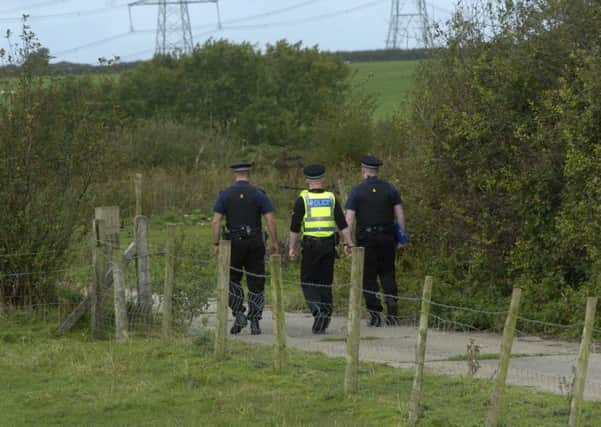The Yorkshire Post says: The new frontline. Policing must have rural roots


Market towns, villages and hamlets that used to have their own dedicated team of ‘beat bobbies’ in the past, as characterised by the TV police drama Heartbeat set in Goathland, are now at the mercy of faceless 101 call centres if residents wish to report a crime – or speak to a police officer.
Yet, at the same time, crime has changed too. No longer are offences in rural areas limited to the occasional case of sheep rustling or apple scrumping that could be dealt with by a flea in the ear, today’s career criminals take absolutely no notice of artificial parish boundaries. Organised crime, whether it be gang or drug-related, or a fraud perpetuated via the internet, takes place over a much larger geographical area which makes it more difficult to detect.
Advertisement
Hide AdAdvertisement
Hide AdHowever the relationship between the police and the public is still key as the National Rural Crime Network, headed by North Yorkshire crime commissioner Julia Mulligan, begins a new consultation about the priorities facing more remote communities. Local intelligence is still critical to day-to-day policing and crime prevention. If there are fewer police on patrol, or present at weekly markets and so on, how are forces going to proactively respond to the concerns of law-abiding residents? And, as this newspaper has stated, local accountability is also important – and the proposed closure of courts, such as Northallerton, is a retrograde step when the criminal justice system needs to show that it, too, is still part of the community.